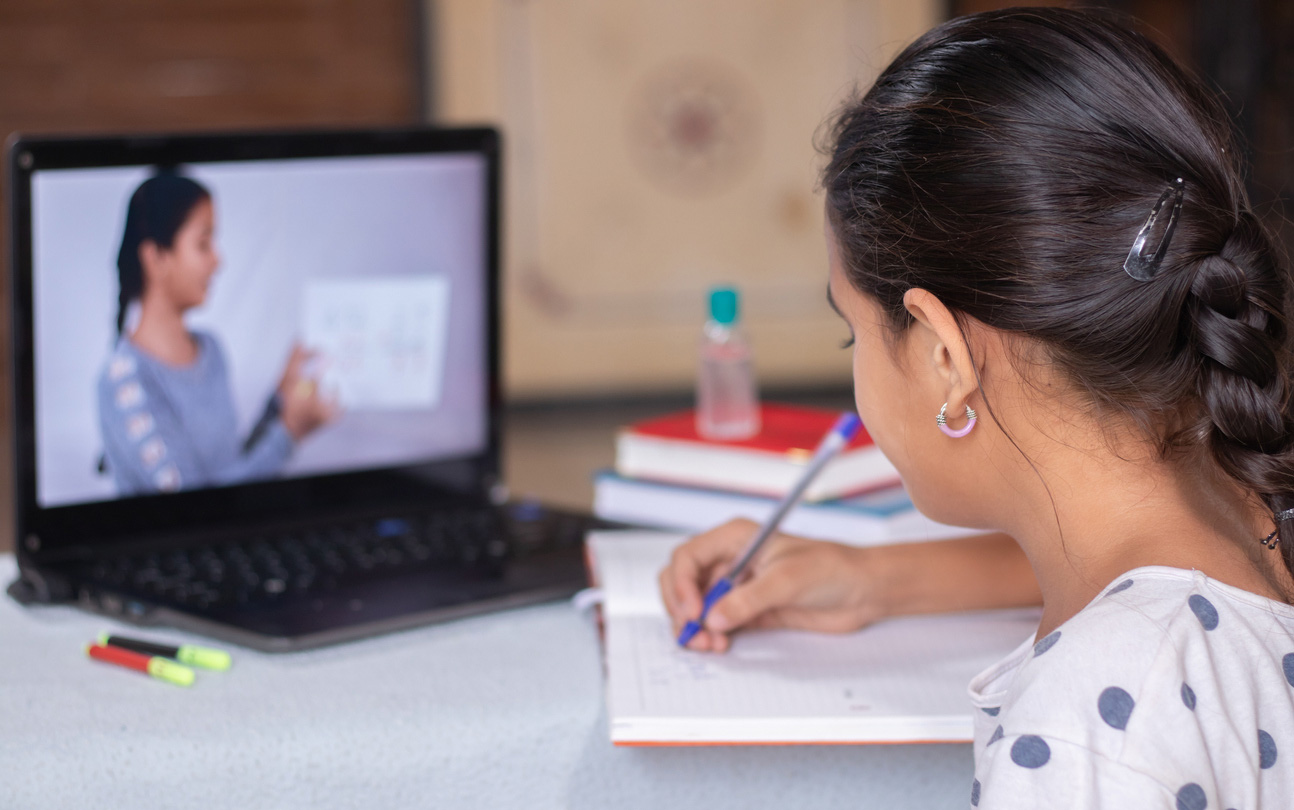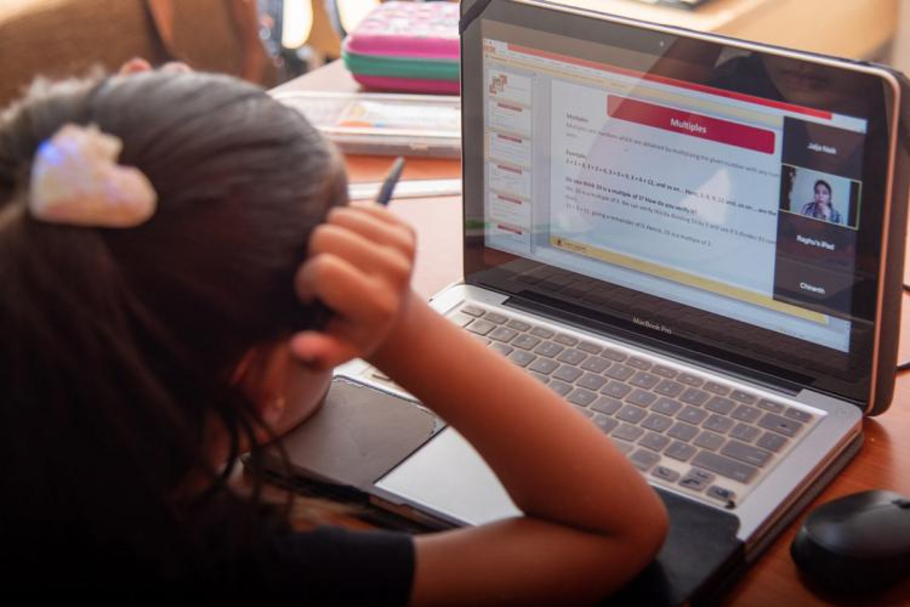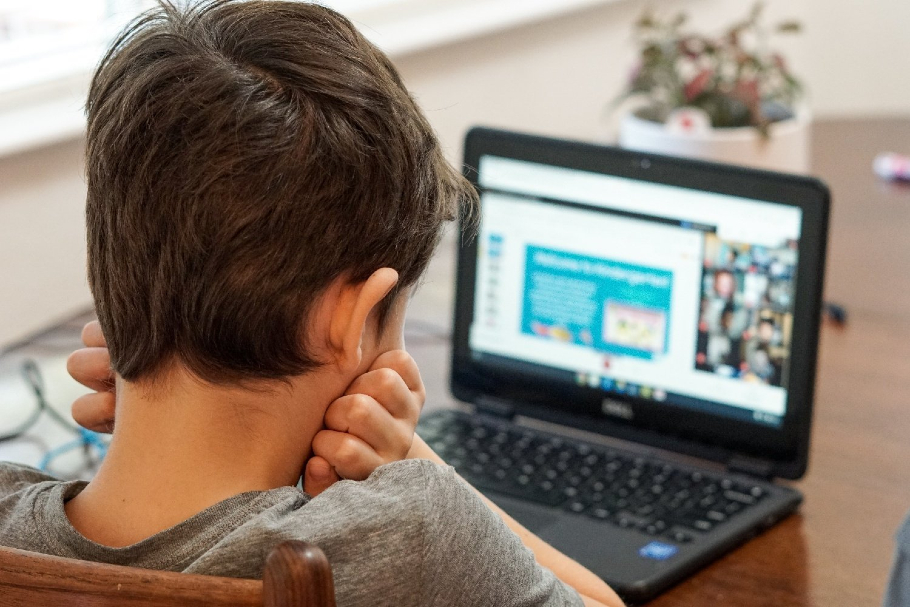
- Home
- India
- World
- Premium
- THE FEDERAL SPECIAL
- Analysis
- States
- Perspective
- Videos
- Sports
- Education
- Entertainment
- Elections
- Features
- Health
- Business
- Series
- In memoriam: Sheikh Mujibur Rahman
- Bishnoi's Men
- NEET TANGLE
- Economy Series
- Earth Day
- Kashmir’s Frozen Turbulence
- India@75
- The legend of Ramjanmabhoomi
- Liberalisation@30
- How to tame a dragon
- Celebrating biodiversity
- Farm Matters
- 50 days of solitude
- Bringing Migrants Home
- Budget 2020
- Jharkhand Votes
- The Federal Investigates
- The Federal Impact
- Vanishing Sand
- Gandhi @ 150
- Andhra Today
- Field report
- Operation Gulmarg
- Pandemic @1 Mn in India
- The Federal Year-End
- The Zero Year
- Science
- Brand studio
- Newsletter
- Elections 2024
- Events
- Home
- IndiaIndia
- World
- Analysis
- StatesStates
- PerspectivePerspective
- VideosVideos
- Sports
- Education
- Entertainment
- ElectionsElections
- Features
- Health
- BusinessBusiness
- Premium
- Loading...
Premium - Events

When online classes get disconnected from reality

When our policy makers decided on making schooling a virtual platform in 2020, every stakeholder’s focus was on digitalisation. Owning the right gadget, navigating the technological process, updating one’s digital know-how, choosing the best Wi-Fi connection — all took precedence. One year later, the same stakeholders — teachers, students, parents — have begun to realise that the...
When our policy makers decided on making schooling a virtual platform in 2020, every stakeholder’s focus was on digitalisation. Owning the right gadget, navigating the technological process, updating one’s digital know-how, choosing the best Wi-Fi connection — all took precedence. One year later, the same stakeholders — teachers, students, parents — have begun to realise that the new normal will require more than just an uninterrupted internet supply to make schooling a happy, healthy and safe experience.
“Teachers were caught completely unawares”, says Rishikesh BS, member of the NEP implementation committee, Karnataka. “There was inadequate preparation right from the start. We were forced into accepting the new normal without even understanding what we were getting into.”
Training the teachers to be digitally smart took top priority. “But sensitizing the teachers to the trauma of the child? Nobody even thought about it. A major chunk of our school children dread logging on to certain classes. With the constant nit-picking on poor connectivity, bad video quality, late homework submissions, these kids feel that they are sitting in the classroom with a target on their foreheads.”
Says Rachel Ignatius, principal, Choice School, Thiruvalla, “Every human is on the verge of an emotional meltdown today, and children are the worst affected.” Creating a negative ambience in a virtual classroom is, therefore, a complete no-no.
“Psychologically, attention span for an adult is only 10 minutes,” says Dr Saranya Jaikumar, educational psychologist and member of Tamil Nadu State Commission for Protection for Child Rights (TNCPCR). For a child, it is merely seven. “For a child who is already exposed to video games and YouTube, it will only be three minutes!” Asking them to stay glued onto an online school session for 45 minutes is ludicrous, reprimanding them for not doing so is almost inhuman, if not illogical.
“Negative re-enforcement is not an option. Shouting and venting at children just like one does in a physical environment will have legal and moral repercussions in a virtual set up. It is also entirely futile.”
Schools have invested in training sessions and workshops to equip the teachers for the digital upheave, part of it also dealing with ‘netiquette’ and tips to engage the students’ attention. “But as long as a teacher believes that a virtual classroom is only a mere transformation of a physical classroom, nothing will change.”

Arya R Chandra, state program officer with Our Responsibility to Children project under the Social Justice department, Kerala, recalls an incident wherein a teacher scolded a child openly on a WhatsApp classroom group of subject teachers and parents. “Immediately, the child responded on the group saying she was very hurt by the comments. The teacher concerned called me up immediately worried about an onslaught from the parents. I asked her to delete the message, speak to the student personally, and apologise to the parent, if required.”
Kerala Government’s First Bell digital classes telecast through the government-owned Kite Victers television channel does not include live classrooms. Still, children and parents complain about the undue pressure and competitiveness of the system. “Ours is a monsoon-ridden topographically-delicate state. Connectivity issues are bound to happen. Moreover, with most middle- and lower-income families losing their livelihood, the last thing they need is a call from the class teacher.”
In fact, an increasing number of parents are refusing to put their children through this trauma. Says Dr Saranya, “The pressure on the parent is so much that they are telling the schools – please take our fees but spare our children!” Some have even opted for home-schooling.
Building trust
So how do we make this a win-win situation for everybody?
Different government schools have adopted different strategies, says Arya. Classes are divided into sub-groups with teachers taking on the added responsibility of mentoring and monitoring the children. With the parents’ consent, the teacher who lives closest to the child is identified by the school and asked to visit the child at his house following COVID protocol. “She can gradually develop a relationship with the family, easing the process of learning for the child and getting the parent to comply.”
“It is all about building trust”, says Suma Sanjay, special educator and in-house counsellor, Pallikoodam School. Kottayam. “You cannot simply vent your emotions on the child online and ask him to exit. One, he cannot re-enter on his own and will thereby miss the class. Two, the child will be devastated. Instead, ask the child to stay back after class and involve his parent in the remedial process.”
“The school that makes a success out of this new normal will be the one that emotionally connects with the child”, says Rachel. “We have only 500-odd students and I know each one personally. I know their parents on a first-name basis. Every day, I monitor classrooms by rotation. I am able to spot a sleep-deprived child, a withdrawn student, a child who has repeated connectivity issues. I take the parent into confidence and we deal with it. Apart from the zillion apps, digital training and innovative tools for teaching being introduced on one side, the other involves bringing the classroom closer.”
Cutting down a physical seven-hour school schedule to a three-hour online experience is no joke, but if your classes are reporting a 100% attendance daily, what more satisfaction do you want as a teacher?

“The biggest mistake is to equate online-teaching to work-from-home”, says Dr Saranya. “It is alright to expect a techie to work eight to ten hours back-to-back, but a teacher’s work should not be made quantifiable. To teach for one hour, she needs to prepare for two. Because on a digital platform, she has to make her subject peppy, engage the children and keep an eye on them.” The only remedy to is to cut down on one’s working hours and not feel shameful in resorting to professional help for reducing stress.
“Virtual classrooms demand a different MO for teaching”, says Susanna, vice principal, IT, Systems and Communication, Global Public School. “Migrating from the chalkboard to a digital screen is simply not enough. The focus is not on how we can complete the portions but on how do we teach those portions. Actual learning can take place only through visible thinking routines. Time tables need to be flexible on a weekly basis. School counsellors should be on constant alert. Parents have to be active participants because monitoring screen time and screen content is crucial.”
Safety online
This brings us to the most important question of all — how safe are our children online? Despite all the precautions taken by educational institutions to keep their online platforms safe and under strict IT policies, with authorisation and consent of parents, mishaps happen.
In June 2020, a male teacher in Tamil Nadu allegedly walked shirtless into his virtual classroom. The ensuing uproar led the government to lay down very strict guidelines for online schooling. Apart from being exposed to such inappropriate behaviour, children are also soon becoming addicted to the screen.
“The last few months, more children come to my clinic for delusional problems, porn and game addictions”, says Dr Saranya. Children get attracted to noisy, flashy, colourful and fast entertainment which is very toxic. The only alternative is to nip it in the bud. “Do not wait for it to become eight hours a day to establish your child is an addict.”
The last year of virtual schooling has also led to a 25% increase in eye problems, not to forget back pain and repetitive motion disorders.
“Children are suffering already. This academic year, we also have those who have lost either or both parents to the pandemic. And you are asking them to look at the camera and pay attention? They have forgotten the basics of their subject but you want them to write weekly and daily tests? They do not even ask doubts anymore because then the entire class is kept waiting and you want to teach them complex equations?”
Classrooms may be virtual, but the trauma is real. If unchecked, let alone unacknowledged, the scars may never heal.
